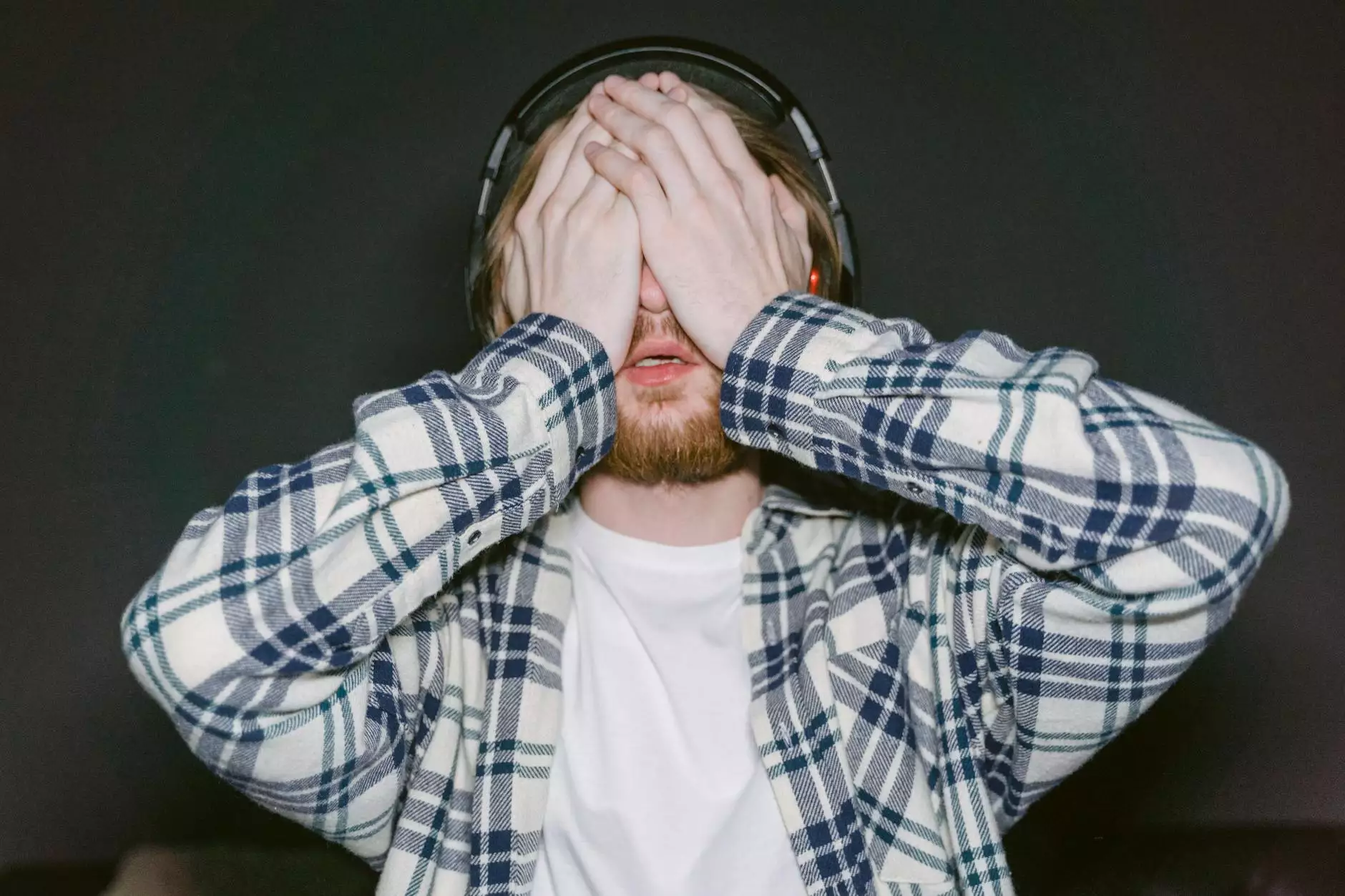Understanding Drugs Used to Treat Anxiety

Anxiety disorders are among the most common mental health conditions worldwide, affecting millions of individuals. As the world becomes increasingly complex and stressful, it is essential to understand the drugs used to treat anxiety. This article aims to provide a detailed overview of various treatment options, their mechanisms of action, potential side effects, and how they can help manage anxiety effectively.
Types of Anxiety Disorders
Anxiety disorders encompass a variety of conditions, including:
- Generalized Anxiety Disorder (GAD)
- Social Anxiety Disorder
- Panic Disorder
- Obsessive-Compulsive Disorder (OCD)
- Post-Traumatic Stress Disorder (PTSD)
Understanding the specific anxiety disorder is crucial in determining the most effective treatment and the types of drugs used to treat anxiety.
Overview of Drugs for Anxiety Management
When it comes to treating anxiety, several classes of medications are commonly prescribed. Each class has its unique mechanism of action, effectiveness, and side effects. Below is an in-depth overview of the key types of medications.
1. Selective Serotonin Reuptake Inhibitors (SSRIs)
SSRIs are frequently the first line of treatment for anxiety disorders. They work by increasing serotonin levels in the brain, which can help improve mood and reduce anxiety.
- Fluoxetine (Prozac)
- Sertraline (Zoloft)
- Escitalopram (Lexapro)
- Citalopram (Celexa)
These medications are typically well-tolerated, but they may have side effects, including nausea, insomnia, and sexual dysfunction. It can take several weeks to experience their full benefits, making patient adherence and education essential.
2. Serotonin-Norepinephrine Reuptake Inhibitors (SNRIs)
SNRIs are another effective class of medications, combining the effects of serotonin and norepinephrine. They are often prescribed for both anxiety and depressive disorders.
- Duloxetine (Cymbalta)
- Venlafaxine (Effexor)
Like SSRIs, SNRIs may take time to exhibit their full effects and can also cause side effects such as increased sweating, dry mouth, and potential withdrawal symptoms if discontinued suddenly.
3. Benzodiazepines
Benzodiazepines are sedative medications that can provide quick relief from severe anxiety symptoms. They are usually prescribed for short-term use due to their potential for dependence.
- Alprazolam (Xanax)
- Clonazepam (Klonopin)
- Diazepam (Valium)
- Lorazepam (Ativan)
While benzodiazepines can be effective for acute anxiety episodes, their long-term use may lead to tolerance, dependence, and withdrawal issues. Doctors usually recommend alternative medications for sustained anxiety management.
4. Buspirone
Buspirone is an anxiolytic medication that is often used for generalized anxiety disorder. Unlike benzodiazepines, it is not habit-forming and can be used for longer periods.
This medication works by affecting serotonin and dopamine receptors, leading to a reduction in anxiety symptoms. It is generally well-tolerated, with fewer side effects compared to other anxiolytics, making it a suitable option for many patients.
5. Antidepressants
Aside from SSRIs and SNRIs, some other antidepressants can also be effective in treating anxiety:
- Guanfacine (Intuniv)
- Nortriptyline (Pamelor)
Non-Pharmacological Treatments for Anxiety
In addition to medications, various non-pharmacological approaches can help manage anxiety. Integrating these strategies can enhance overall treatment success.
- Cognitive-Behavioral Therapy (CBT) - A widely accepted form of therapy that focuses on altering negative thought patterns.
- Meditation and Mindfulness - Techniques aimed at promoting relaxation and present-moment awareness can significantly reduce anxiety.
- Exercise - Regular physical activity is proven to decrease anxiety levels by releasing endorphins and improving mood.
- Support Groups - Connecting with others experiencing similar challenges can provide emotional support and coping strategies.
The Importance of Personalized Treatment
It is critical to understand that there is no one-size-fits-all approach when it comes to treating anxiety disorders. Each individual is unique, and medication responses can vary greatly. Factors such as genetics, medical history, and the severity of anxiety can influence treatment efficacy.
Consulting with a qualified mental health professional is vital to developing an effective treatment plan tailored to your specific needs. Regular follow-ups and open communication about what works and what does not are crucial components of this process.
Potential Side Effects of Anxiety Medications
While the drugs used to treat anxiety can be effective, they often come with potential side effects.
- SSRIs and SNRIs: Nausea, insomnia, weight gain, sexual dysfunction.
- Benzodiazepines: Drowsiness, dizziness, fatigue, risk of dependence.
- Buspirone: Dizziness, nausea, headache.
Understanding these effects can help you and your healthcare provider decide on the best course of treatment.
Conclusion
In conclusion, managing anxiety effectively requires a multifaceted approach. The drugs used to treat anxiety can play a significant role, but they should be combined with therapy and lifestyle changes for optimal results. Always discuss your treatment options with a healthcare professional to develop a plan that best suits your needs.
As a reputable online source, Top Chemical Shop Online is dedicated to providing the latest information and resources on health and medical products, including medications for anxiety management. Whether you are seeking advice on pharmaceutical options or alternative treatments, we aim to support your journey towards better mental health.









